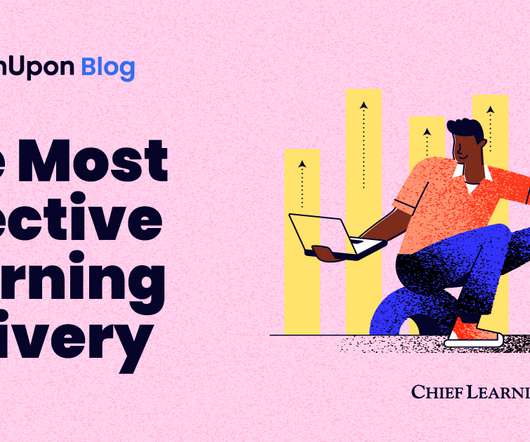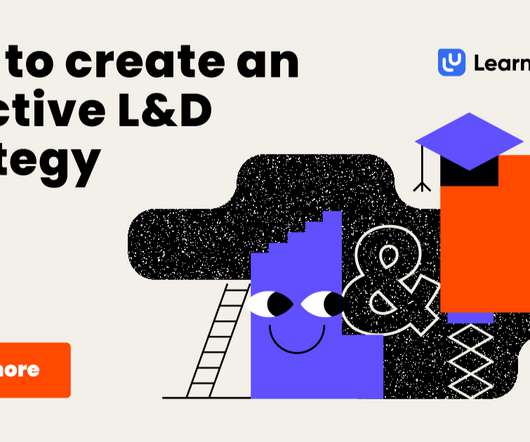How Artificial Intelligence Improves Learning Programs and Business Performance
Infopro Learning
SEPTEMBER 12, 2018
Traditional learning programs and technology can be valuable tools to build behaviors, strengthen your talent bench, adhere to regulatory requirements, and more. But these learning tools are often event-based, siloed activities. They don’t often mirror how we learn in our everyday lives.















































Let's personalize your content